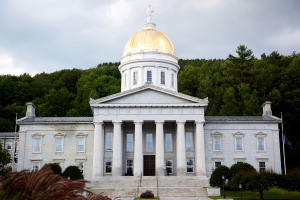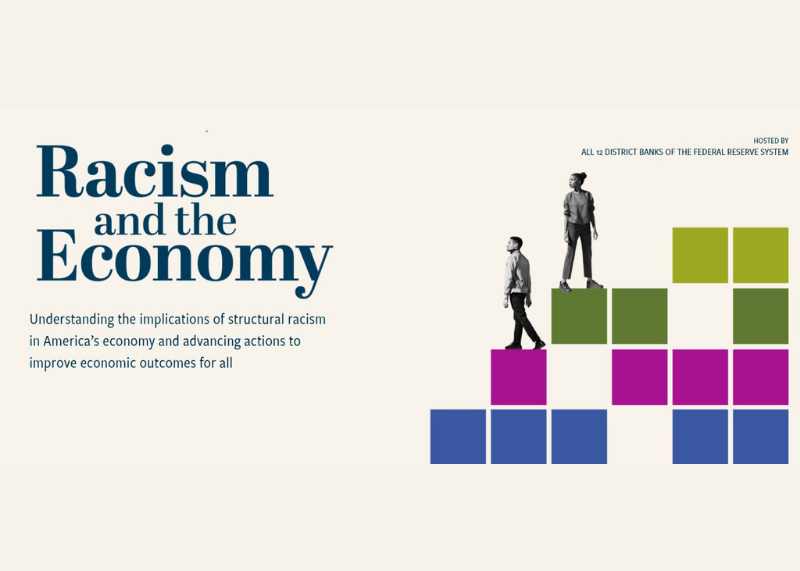Media Contacts:
Maggie Wilson
Vermont Chamber Director of Communications
mwilson@vtchamber.com
Nate Formalarie, Communications Director
Agency of Commerce and Community Development
(802) 522-7323; nate.formalarie@vermont.gov
Vaccine Clinics to be Held Across Vermont for Tourism and Hospitality Workers
“Ensuring Vermont’s hospitality industry is safe and healthy is crucial to our state’s recovery”
Montpelier, VT (May 13, 2021) – In partnership with the Vermont Chamber of Commerce and Vermont Department of Tourism and Marketing, the Vermont Department of Health will begin hosting walk-in COVID-19 vaccine clinics for restaurant, hospitality, and tourism workers over the next week.
The initial wave of clinics will take place at seven locations, with each site offering Johnson & Johnson vaccines for tourism and hospitality workers on a walk-in basis. Clinics will be staged at restaurants, lodging properties, ski resorts, and other tourism attractions to bring the vaccine directly to the workers in this sector.
Vermont was recently ranked first in the nation for its COVID-19 vaccination rate, and more than 628,000 doses have been administered throughout the state. Governor Phil Scott’s Vermont Forward Plan for reopening is dependent upon Vermonters doing their part and getting vaccinated as soon as they can. These upcoming sector-specific vaccine clinics will make accessing the vaccine easier for hospitality workers and help Vermont continue on the path to fully reopen by July 4th.
“The hospitality sector is eager to welcome guests back to our businesses,” said Jed Davis, owner of the Farmhouse Group of restaurants. “Providing ease of access to our industry workers and employees recognizes the important role our teams play in the social and economic recovery of Vermont.”
“Ensuring Vermont’s hospitality industry is safe and healthy is crucial to our state’s recovery,” said Amy Spear, Vermont Chamber Vice President of Tourism. “Employees in the industry maintain a high level of contact with the public and often work hours not conducive to traditional vaccine appointment times. These clinics will make vaccines more accessible to the tourism and hospitality workers who provide welcoming, world-class experiences for Vermonters and visitors alike.”
“As the state looks forward to the next phases of reopening, making sure vaccines are easily available will be key,” said VDTM Commissioner Heather Pelham. “We are all eager to enjoy gathering together at events and meeting up with friends and family at our local restaurants. With this extra support for the tourism industry, we can help make sure everyone stays safe, as we welcome back visitors to the state and work to recover from the economic impacts of COVID-19.”
The first wave of clinics will be in Waterbury, Woodstock, Waitsfield, Windsor, South Burlington, Middlebury, and Warren. To see all dates, times, and locations for these tourism and hospitality worker vaccine clinics, please visit the ACCD Recovery Resource Center.
More than a dozen additional clinics, including in Rutland, Killington, Stowe, and Vergennes, are being planned now and will be added as details are confirmed. If a tourism or hospitality business would like to host a clinic for industry employees in their area, please contact Amy Spear at aspear@vtchamber.com
About the Vermont Chamber of Commerce
As the largest statewide, private, not-for-profit business organization, the Vermont Chamber of Commerce represents every sector of the state’s business community. Its mission is to create an economic climate conducive to business growth and the preservation of the Vermont quality of life.
About the Vermont Department of Tourism and Marketing
The Department of Tourism and Marketing promotes Vermont’s travel, recreation, cultural and historic attractions, as well as the state’s goods and services, in coordination with public and private sector partners. The department also works to market to a global audience in a manner consistent with the values and traditions of the state for the economic benefit of all Vermonters. VermontVacation.com






